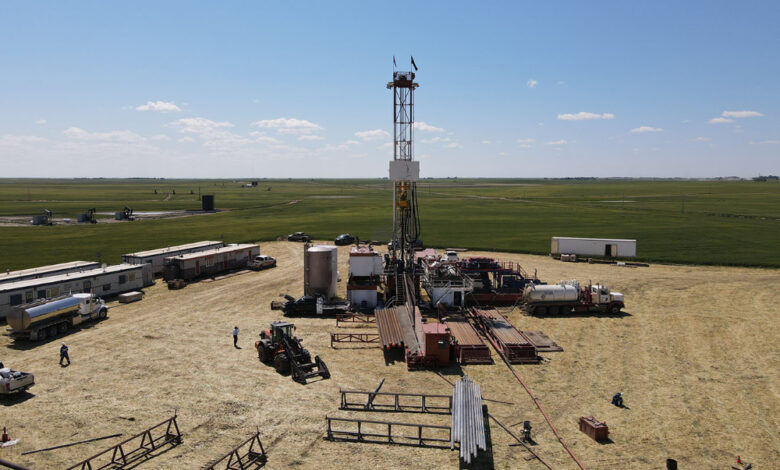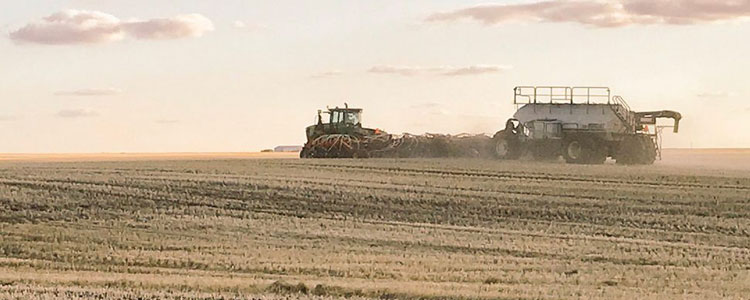
Kindersley Lithium Project Demonstrates Strong Economic Case
Grounded Lithium (TSXV: GRD; OTCQB: GRDAF) has released the findings of its preliminary economic assessment (PEA) for the Kindersley lithium project, demonstrating a robust economic case for producing battery-grade lithium hydroxide monohydrate (LHM) and showing potential for future phases.
Phase one of the project, located in Saskatchewan, exhibits promising financial metrics, including an after-tax internal rate of return (IRR) of 48.5% and an after-tax net present value (NPV) of $1.0 billion, based on an 8% discount rate. The estimated initial capital investment required for the project is $335 million, with a projected payback period of 3.7 years.
Notably, Kindersley differentiates itself by having lower capital intensity compared to other North American brine-based lithium projects, with an initial capital intensity of $30,500 per tonne of LHM. The anticipated all-in operating costs are projected to be $3,899 per tonne of LHM, resulting in an annual expenditure of $42.9 million.
The PEA’s analysis is founded on an annual production target of 11,000 tonnes of LHM, assuming a sales price of $25,000 per tonne.
Grounded Lithium’s CEO, Gregg Smith, expressed optimism about the independent economic results for phase one of the KLP, noting the favorable comparison within the lithium mining industry regarding capital and operating expenses. Smith believes these PEA results pave the way for critical future steps in the project’s development, emphasizing its potential success in the lithium market.








































